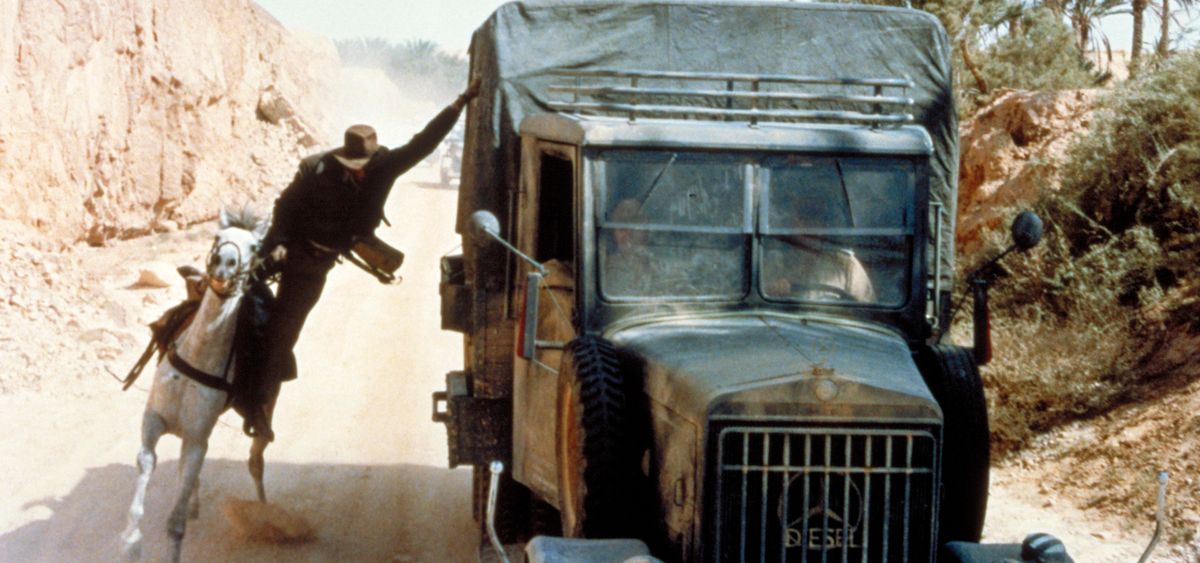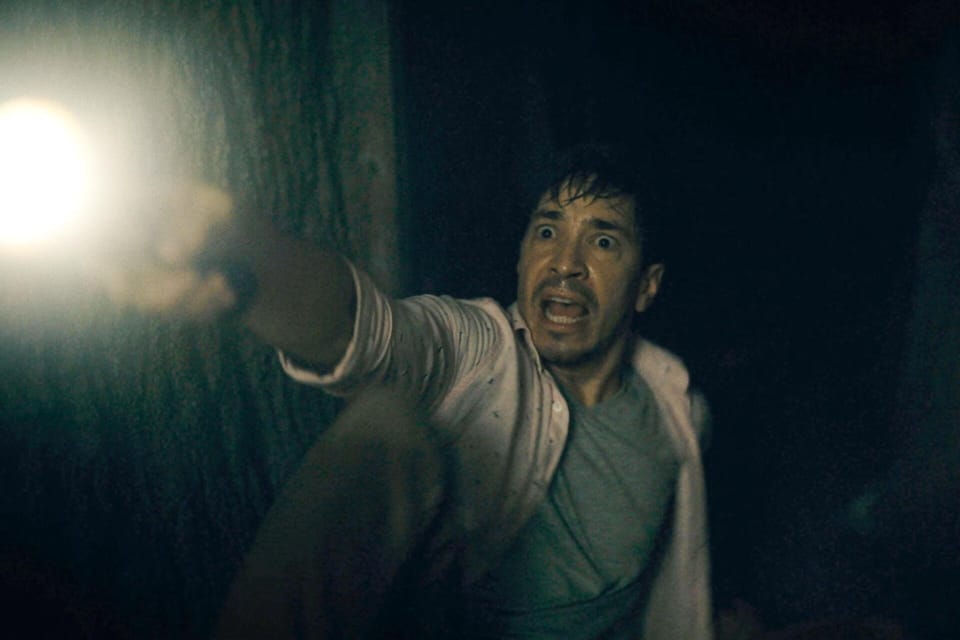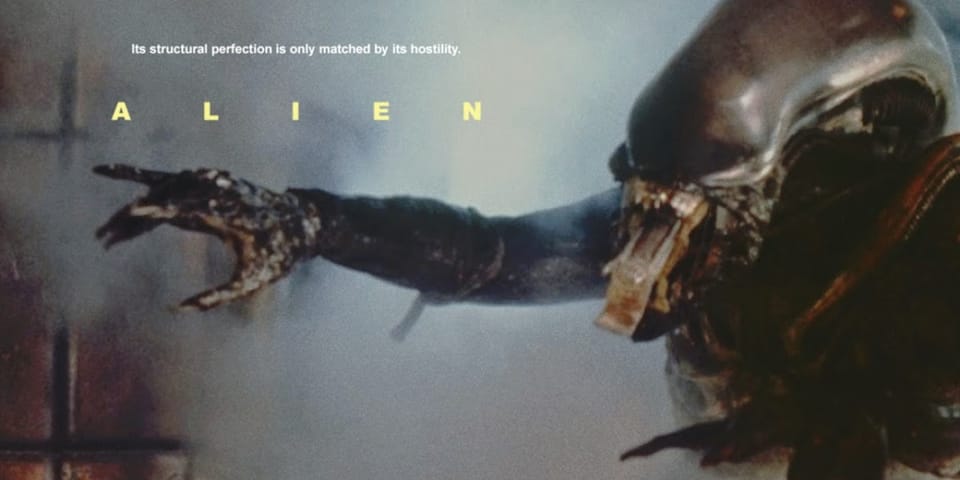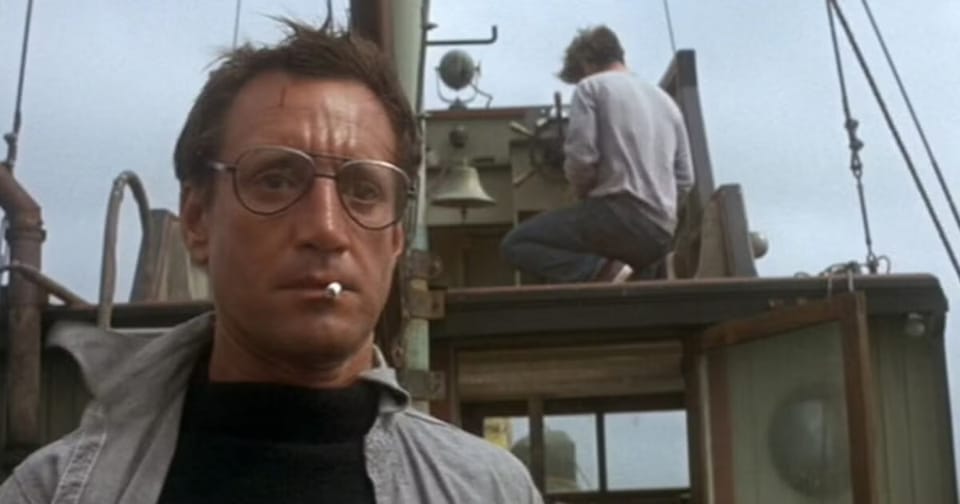The Dramatic Question
The dramatic question is one of your best tools for your story structure. So much so, that two of my three primary goals in the "pre-outline" phase of any project.

The Story and Plot Weekly Email is published every Tuesday morning. Don't miss another one.
The dramatic question is one of your best tools for your story structure.
So much so, that two of my three primary goals in the "pre-outline" phase of any project (explained in more detail in the Idea To Outline course) are to 1) decide on my story, and to 2) decide on the dramatic question.
I do this because just about every structural decision is determined by one or both. They tell me what I am trying to achieve.
If I don't know what they are, I'm just throwing stuff up against a wall and hoping it sticks.
I have no criterion for why one thing would work better over another.
That's a tough way to write and an even tougher way to rewrite.
So I spend time to nail those two things down. Sometimes, it's easy; other times, it's more of a struggle.
What do we mean by the dramatic question?
The Dramatic Question: A question asked in the form of dramatic conflict that the audience anticipates an answer to.
In this context, we are talking about THE dramatic question.
That singular throughline that carries us from the end of Act 1 to the end of the film.
Some call it the “main tension,” but I have never found that as helpful. The audience wants an answer. Yes. Or no.
The protagonist has a problem they must solve, and we want to know if they solve it or not.
- Will Indy secure the ark before the Nazis?
- Will Jack and Rose escape the sinking ship?
- Will The Avengers stop Thanos?
- Will Barbie put her life back to normal?
- Will the good guys win?
- Will the girl get the boy?
From a structural standpoint, it looks like this.
The Dramatic Question
The primary dramatic question is the central narrative spine of the screenplay.
But this central dramatic question is actually comprised of smaller dramatic questions.
Smaller dramatic questions are everywhere.
Dramatic writing is filled with dozens of smaller dramatic questions throughout each piece.
Moment to moment, scene to scene, act to act.
The dramatic question creates tension and compels the audience to watch. They want to see how the tension is resolved
So think of a dramatic question for a scene.
Say, a fight scene in John Wick. Will John Wick get through all the armed guards and kill his target Loses in the sauna?
Or a romantic scene where a couple gets stuck in the elevator. Will they finally kiss?
The audience will not likely rush to the bathroom and miss the resolution to this action. They wait until the immediate tension is answered before they do that.
Now think of that dynamic extended out to the length of a movie.
If you do it right, the audience doesn't want to give up on the movie until they know how that primary dramatic question is answered. Every scene tugs on that tension one way or the other.
It's a little narrative Russian doll of dramatic questions.
Moments, scenes, sequences, and acts. We use each one as a small trampoline of narrative momentum to get us through to the next one, the next one, and the next one...
It ends up looking something like this:
A good dramatic question is a tangible yes or no.
Will they succeed, or will they not?
"What will happen?" is less helpful for the primary dramatic question because it is open-ended.
It's more difficult to compel the audience to keep watching because they don't know really know what they're waiting for.
They don't know what would be a good outcome, or what would be a bad outcome, so it's more challenging to create the tension between the two.
The easiest dramatic question to build from are those tied to the protagonist's want. They have a problem; they want to solve it.
That want drives scenes, and it drives the movie.
If you struggle to find the dramatic question, look towards the hero's want.
You might see the dramatic question staring right back at you.
But do you have to have a central dramatic question?
Do you have to have anything? Not really. If it works, it works.
But.
Your job is just easier if you do. Trust me.
And I encourage everyone, especially early on, to make decisions that make your job easier.
Telling a good story well is difficult enough, even when everything is working great. Don't make it harder than it needs to be for little to no reason.
A commercial movie will almost always have a plot-focused dramatic question where something physical needs to be accomplished. That is, a tangible problem that needs to be solved.
But it's not just studio movies that do this. You will also see plenty of character pieces structure their story around a problem and a dramatic question.
Takes MANCHESTER BY THE SEA. I mention it often because I love it. The dramatic question is whether Lee Chandler can find an alternative having to be the guardian of his nephew.
We, the audience, actually don't want him to succeed. We know how much he needs some connection to the world. But that's not what Lee wants, and that want drives the film.
Okay. But what about the exceptions?
Well, we're creative people, aren't we? It's our nature to want to know the exceptions to anything.
And there are plenty of great movies that lack a central dramatic question.
They are usually character studies, or ensembles, or films where the mood and atmosphere seem to be the point.
NOBODY'S FOOL with Paul Newman is one of my favorites, as is Terrance Malick's THE NEW WORLD.
Ensemble pieces like THE BIG CHILL, DAZED AND CONFUSED, and that rush of romantic comedies by the great Gary Marshall before he passed (with some working better than others.)
ONCE UPON A TIME IN HOLLYWOOD is a more recent example. As well as MOONLIGHT.
Next week, I will write about all of them and the strategies they used that allowed them to succeed without that central dramatic question that makes our job so much easier.
The Story and Plot Weekly Email is published every Tuesday morning. Don't miss another one.
When you're ready, these are ways I can help you:
WORK WITH ME 1:1
1-on-1 Coaching | Screenplay Consultation
TAKE A COURSE
Mastering Structure | Idea To Outline




